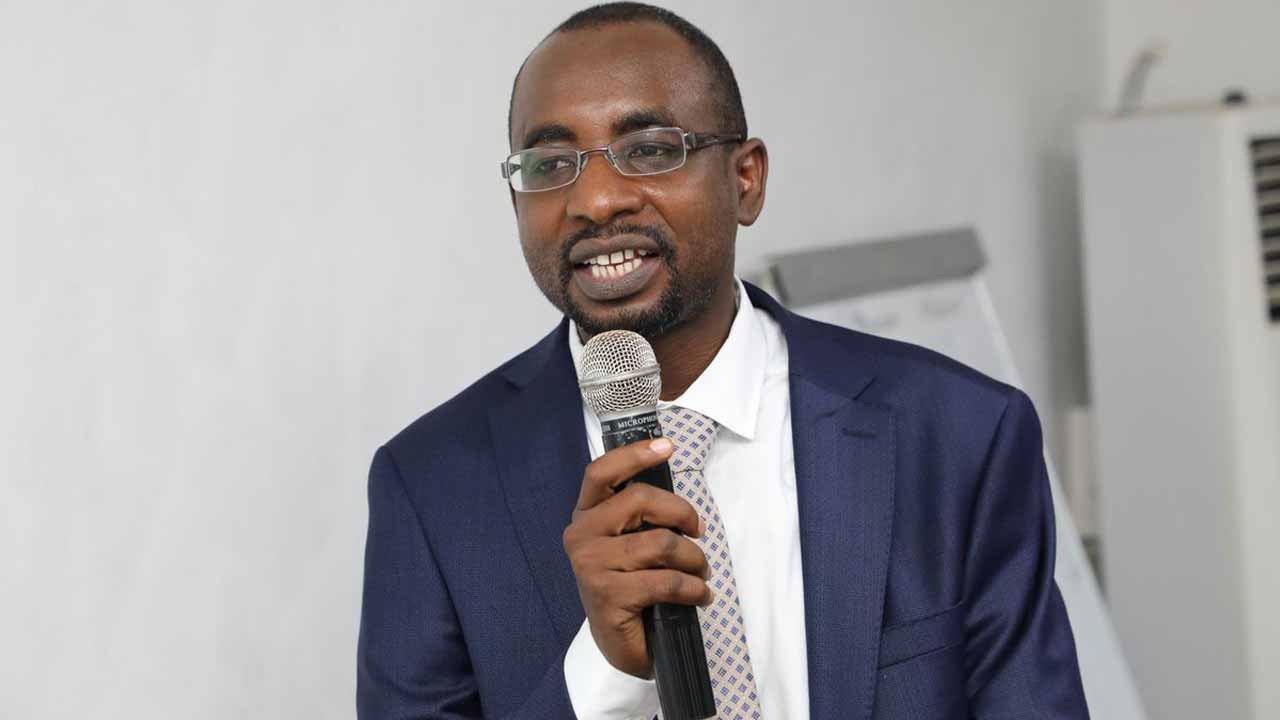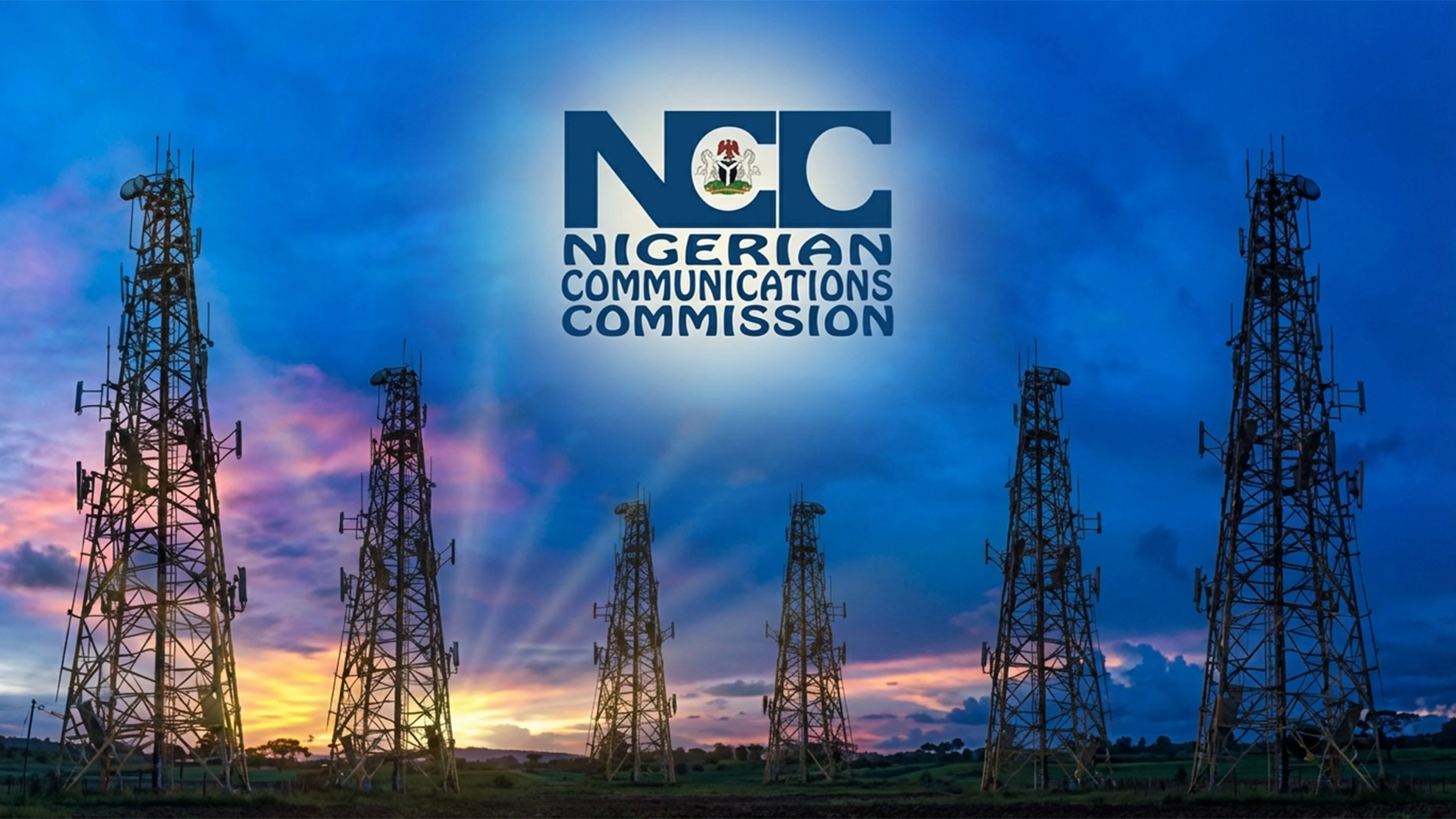 If adequately harnessed and backed with right policies, software development can earn Nigeria $40 billion revenue on a yearly basis.
If adequately harnessed and backed with right policies, software development can earn Nigeria $40 billion revenue on a yearly basis.
The Director-General of the National Information Technology Development Agency(NITDA), Kashifu Inuwa, who said this, added that the country is blessed with the required talents to achieve this.
Inuwa spoke in Lagos, yesterday, at a joint stakeholder meeting with the Federal Inland Revenue Service (FIRS) and all IT-enabled companies in Nigeria.
Citing a recent PwC report, which revealed that there was a need for about four million software developers globally and that Nigeria could supply two million of that talent given its youthful and talented population, Inuwa said training more software developers to meet this need would earn Nigeria revenue far higher than oil.
The NITDA DG noted that before the PwC report, the Agency had launched a one million software developers initiative to produce more software developers for the country. Under the initiative, he said a total of 215, 524 Nigerians have been trained so far.
Speaking on the competitive advantage that could give Nigeria the edge in the global software development ecosystem, Inuwa observed “globally we have a competitive advantage in terms of our youthful population and in terms of our natural talent. We have proven to the world that we are talented when it comes to sports, music, movies, and all that, so we can do the same thing in the area of technology.”
Inuwa explained that the PwC report also talked about remote working because technology made it possible to live in Nigeria and work for a company in the U.S. or Europe.
“So, they said today there is a need for about four million developers globally. And Nigeria can conveniently provide two million developers
“On the average, a developer earns between $25,000 to $130,000, “So, let’s say because you are in Nigeria and you are working remotely, you will earn only $20,000, if we can provide those two million developers to the global value chain, Nigeria will earn $40 billion per annum, which is more than the remittance of oil and gas. Today we can say maybe we are earning nothing from oil and gas in terms of forex. So, this alone can solve our Forex challenge,” he stressed.
While calling for support and partnership, the NITDA DG said there is need for the private sector to keep supporting the agency through the payment of the yearly technology development levy. He called on corporate organisations to key into the tech capacity-building agenda of the government.
“We want you to see this as an opportunity for us to build Nigerian talents. You will benefit more because the government will only create the value while you capture the values in terms of your services,” he said.
On his part, the Chairman of FIRS, Muhammad Nami, who was represented by Group Lead, General Tax Operations Group, FIRS, Abba Kabiru, reminded the stakeholders that the NITDA is funded through the payment of a levy of one per cent of profit before tax of companies and enterprises enumerated in the 3rd schedule of the NITDA Act which include pension managers and pension related companies, telecommunication companies, cyber companies, insurance companies and banks/other financial institutions.
Regulator cannot be expected to protect the liberty of professionals when the regulator itself is also stifled. Policies, legislations, regulations and practices that hinder professionals in the electoral process and beyond must therefore, be removed.
The statement called on: security agencies to demonstrate full understanding of the role of journalists and other media professionals in the electoral process and provide protection for them; political parties to orientate their representatives on the election field on the need to co-operate with journalists.
It urged regulatory agencies to prioritise the protection of the freedom of journalists and the media; the Federal Government to complete the broadcasting sector reforms it initiated in 2019, in line with international standards and the National Assembly to complete the amendment process of the NBC Act, paying priority attention to the independence and secure funding of the regulator, transparency of the licensing process, plurality of the landscape and liberty of the Media.






